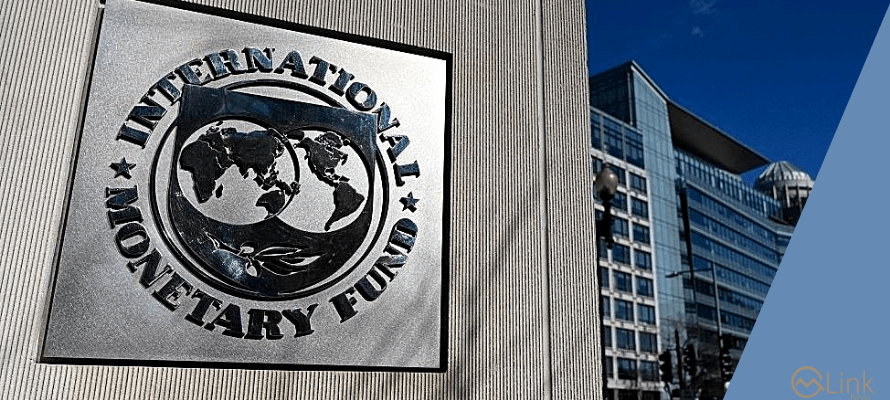IMF forecasts central bank policy rates to decline from 2H2024

By MG News | April 19, 2024 at 12:22 PM GMT+05:00
April 19, 2024 (MLN): With inflation projected to continue declining toward targets and longer-term inflation expectations remaining anchored, policy rates of central banks in major advanced economies are generally expected to start declining in the second half of 2024, according to the World Economic Outlook report released by the International Monetary Fund (IMF).
Among major central banks, by the fourth quarter of 2024, the Federal Reserve’s policy rate is expected to have declined from its current level of about 5.4% to 4.6%, and the Bank of England to have reduced its policy rate from about 5.3% to 4.8%.
Moreover, the European Central Bank is projected to reduce its short-term rate from about 4% to 3.3%.
For Japan, policy rates are projected to rise gradually, reflecting growing confidence that inflation will sustainably converge to the target over the medium term despite Japan’s history of deflation.
IMF states that to counter rising inflation, major central banks raised policy interest rates to levels estimated as restrictive.
As a result, mortgage costs increased and credit availability is generally tight, resulting in difficulties for firms refinancing their debt, rising corporate bankruptcies, and subdued business and residential investment in several economies.
The commercial real estate sector, including office markets, is under especially strong pressure in some economies, with rising defaults and lower investment and valuations, reflecting the combined effects of higher borrowing costs and the shift toward remote work since the pandemic.
However, despite concerns, a global economic downturn caused by a sharp rise in policy rates has not materialized, for several reasons.
First, some central banks, including the European Central Bank and the Federal Reserve—raised their nominal interest rates after inflation expectations started to rise, resulting in lower real rates that initially supported economic activity.
Copyright Mettis Link News
Related News
| Name | Price/Vol | %Chg/NChg |
|---|---|---|
| KSE100 | 130,344.03 345.79M |
1.67% 2144.61 |
| ALLSHR | 81,023.99 1,021.87M |
1.55% 1236.37 |
| KSE30 | 39,908.26 141.62M |
2.05% 803.27 |
| KMI30 | 189,535.00 150.29M |
1.40% 2619.39 |
| KMIALLSHR | 54,783.66 508.76M |
1.07% 581.78 |
| BKTi | 34,940.73 55.86M |
4.37% 1464.05 |
| OGTi | 28,296.06 16.02M |
1.19% 333.47 |
| Symbol | Bid/Ask | High/Low |
|---|
| Name | Last | High/Low | Chg/%Chg |
|---|---|---|---|
| BITCOIN FUTURES | 109,485.00 | 110,105.00 109,405.00 |
-800.00 -0.73% |
| BRENT CRUDE | 68.50 | 69.00 68.49 |
-0.61 -0.88% |
| RICHARDS BAY COAL MONTHLY | 97.50 | 0.00 0.00 |
0.75 0.78% |
| ROTTERDAM COAL MONTHLY | 109.20 | 110.00 108.25 |
1.70 1.58% |
| USD RBD PALM OLEIN | 998.50 | 998.50 998.50 |
0.00 0.00% |
| CRUDE OIL - WTI | 66.86 | 67.50 66.85 |
-0.59 -0.87% |
| SUGAR #11 WORLD | 15.56 | 15.97 15.44 |
-0.14 -0.89% |
Chart of the Day
Latest News
Top 5 things to watch in this week
Pakistan Stock Movers
| Name | Last | Chg/%Chg |
|---|
| Name | Last | Chg/%Chg |
|---|




 Trade Balance
Trade Balance
 CPI
CPI